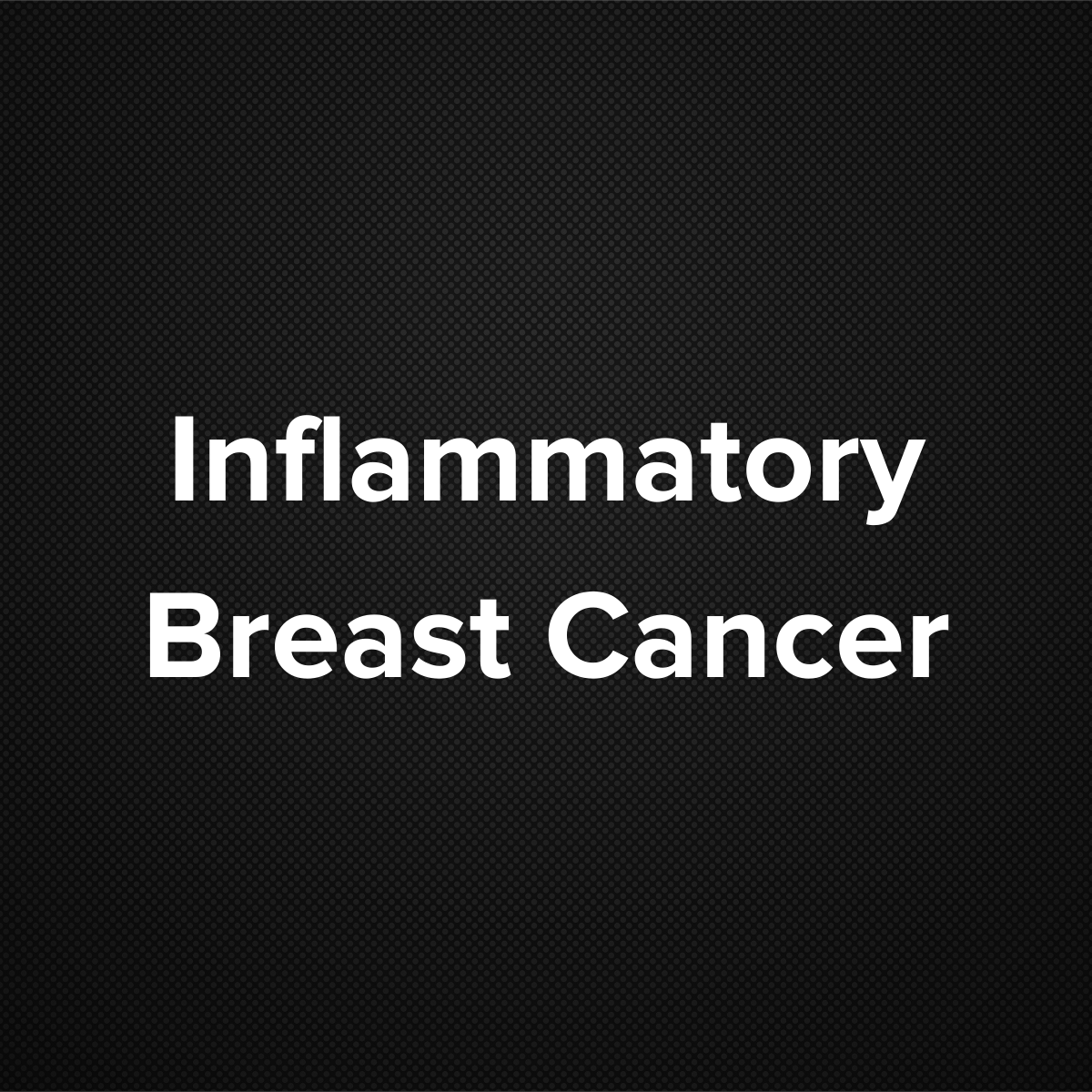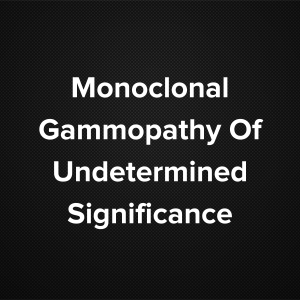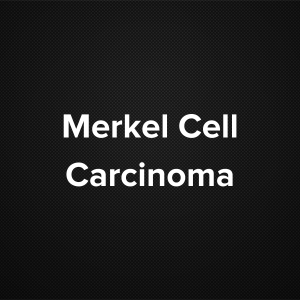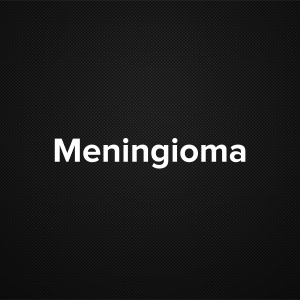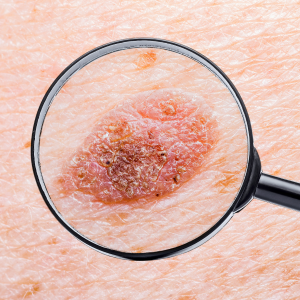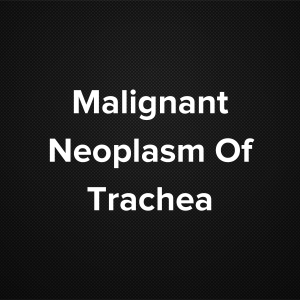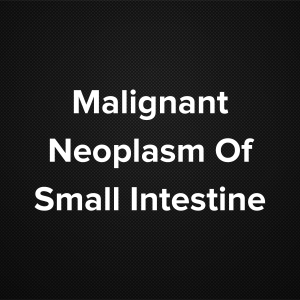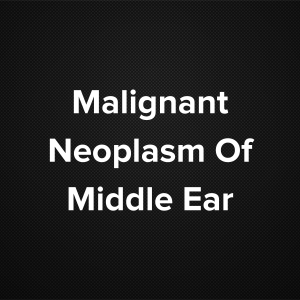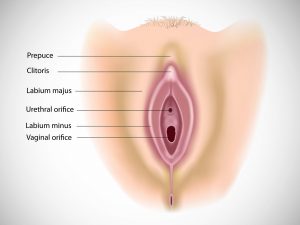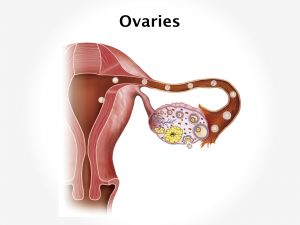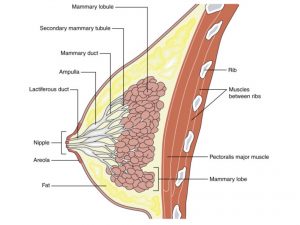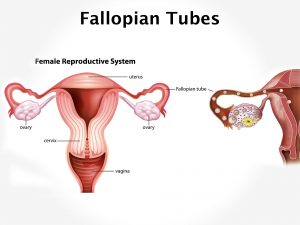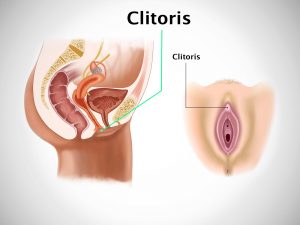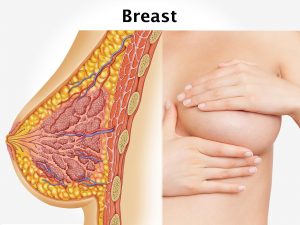Causes and risk factors
The exact cause of inflammatory breast cancer is unknown. But it is caused due to changes in DNA and genetic mutations. In the patient with breast cancer, the lymphatics are blocked by the cancer cells. Lymphatic vessels are unable to drain lymph fluid. Lymphatic obstruction causes rise in protein content of extravascular tissue with retention of water and swelling of soft tissue. The risk factors of developing an inflammatory breast cancer are being female, being obese, history of breast cancer mostly with invasive ductal carcinoma, advanced age.
Clinical presentation
Inflammatory breast cancer is usually seen in stage III or IV of breast cancer. The breast appears red, swollen, warm to touch. The skin over the breast appears reddish or bruised. There is associated pain and tenderness in the breast. Fever may be accompanied with the condition. Other symptoms include increase in size of breast, heaviness, burning. There may be inverted nipple. There can be abnormal or bloody discharge from nipple. Swelling of axillary or cervical lymph nodes may be seen.
Investigation
Medical history by the patient and Clinical examination by the doctor helps in diagnosis. Mammogram is an essential diagnostic tool for early detection of any type of breast cancer. Further investigations include fine needle aspiration cytology [FNAC] which confirms the diagnosis. Imaging studies such as USG of breast, MRI scan, PET scan of breast is useful for further evaluation.
Treatment
As inflammatory breast cancer is a condition occurring in the III or IV stage of breast cancer, the treatment involves Chemotherapy – to destroy the cancer cells, Radiation therapy. Surgery includes – Radical mastectomy- In this surgery the surgeon removes the affected breast tissue and adjacent lymph nodes. Mastectomy- a surgery to remove all of your breast tissue. Sentinel Node Biopsy includes removing a limited number of lymph nodes. Removing both breasts [prophylactic mastectomy] –if there is a high risk of cancer in the other breast. Hormonal therapy and targeted cell therapy also help in managing the disease.
Other Modes of treatment
The other modes of treatment can also be effective in treating inflammatory breast cancer.
Homoeopathy is a science which deals with individualization considers a person in a holistic way. This science can be helpful in combating the symptoms. Similarly the ayurvedic system of medicine which uses herbal medicines and synthetic derivates are also found to be effective in treating inflammatory breast cancer.
